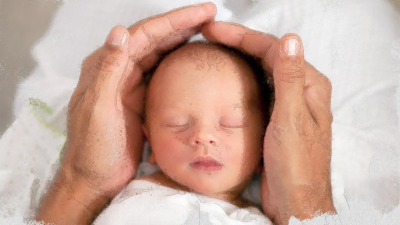
by Nomad
More infants die on their birthdays in the US than any other
industrialized nation in the world. But in a nation as wealthy as America, why
should that happen?
A comparison between Sweden -which has one of the lowest rates of one-day old deaths-and the state of Mississippi- which has the highest rate of infant mortality in the US- might provide some clues at reducing the death rate among American's youngest and most vulnerable victims.
“The United States has the highest first-day death rate in the industrialized
world. An estimated 11,300 newborn babies die each year in the United States on
the day they are born. This is 50 percent more first-day deaths than all other
industrialized countries combined.”
More day-old babies die in the US than in 68 other countries, including
Egypt, Turkey and Peru.
The study cited premature births as being one major cause. Globally, 35
percent of all newborns that die are pre-term. In the United States, this is
also true.
“Many babies in the United States are born too early. The U.S. preterm birth
rate (1 in 8 births) is one of the highest in the industrialized world (second
only to Cyprus). In fact, 130 countries from all across the world have lower
preterm birth rates than the United States,” the report reads.
The study suggests that politics and culture might play a role in the causes
for the United States' poor record.
It's not all bad news but it's bad enough. According to the Center for Disease Control and
Prevention the rate of deaths of first year infants has been in decline from
24,586 U.S. babies in 2010 to 23,910 in 2011. This has been achieved primarily
through effective affordable health care. especially with access to health care to all women of
childbearing age and and other specific prenatal initiatives.
* * *
More children die at birth in India than anywhere else, followed by Nigeria,
Pakistan and China, the report finds. Finland and Sweden have the lowest rates
of newborn deaths in the world.
Certainly poverty might explain the contrast between India and Sweden. But
that doesn't explain the differences between Sweden and the United States.


.jpg)

